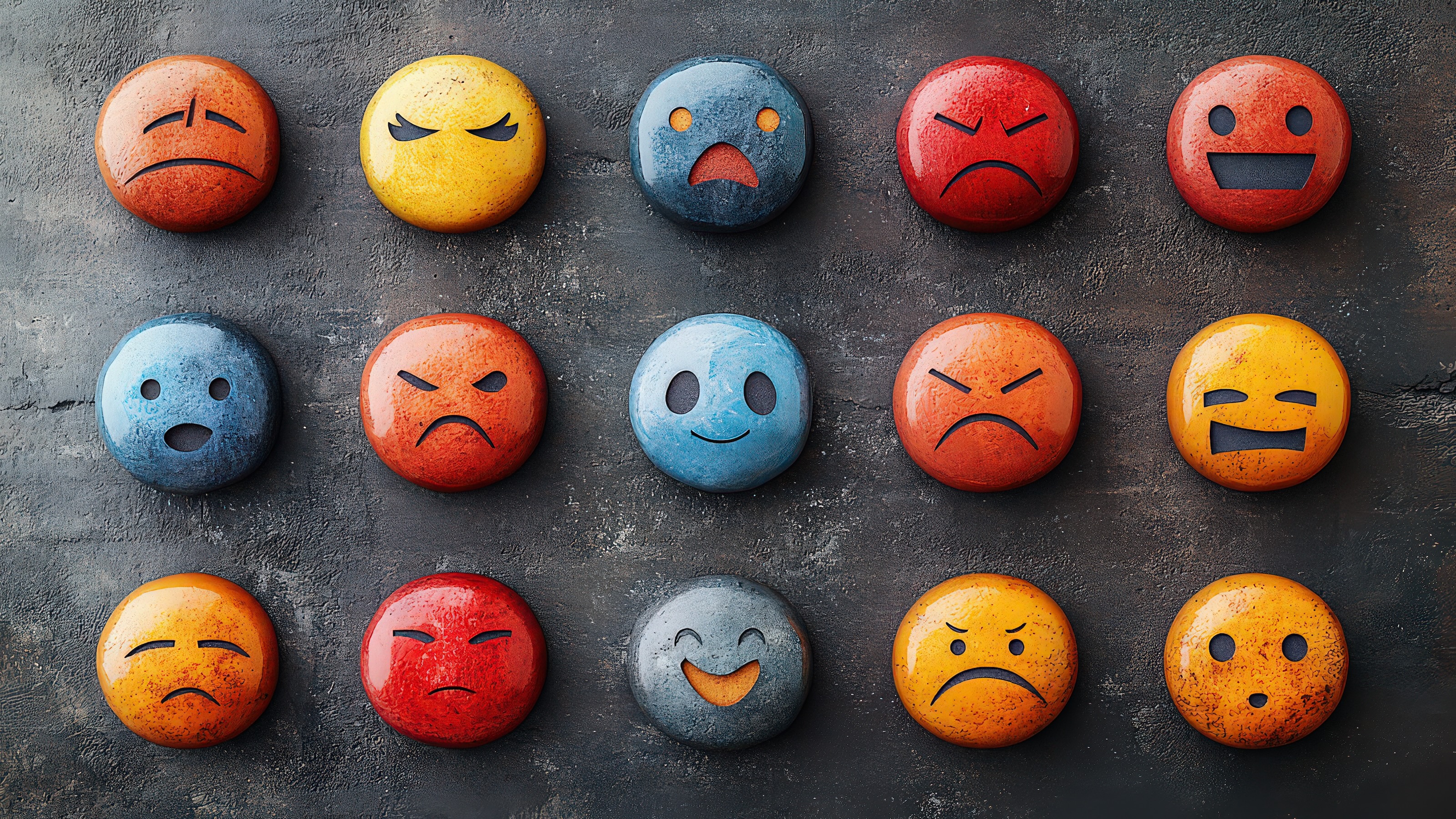Jay Smooth on sampling and the creative process.
Question: Do you think hip-hop artists are maintaining ingenuity when sampling is so pervasive?
Jay Smooth: I think the greatest challenge to our innovation and ingenuity has been the decreased ability to work with sample-based production actually. I mean, I think that the greatest explosion of artistic innovation, to me, was when sampling technology was available but the sampling laws were not yet in place, so we had free reign to create what Prince Paul created for De La Soul, what the Bomb Squad created for Public Enemy, what the Dust Brothers created on the Beastie Boys' second album, and I think the sampling laws that came in a couple of years after that, were very stifling and brought things in another direction where people were still creative in various ways and people who have a budget to be able to work with samples, like Kanye or Just Blaze, can continue doing that but a lot of other people have to find alternative ways.
I think that sort of tug-of-war between artistic expression and the protectors of intellectual property is something we're seeing in many different places in media, not just in hip-hop. But that's been one of the most dramatic places where, to me, the value of the art that was created by us having free reign to create whatever pastiche and montage we wanted to create. I mean, it always seemed clear to me that we were creating something new and valuable and adhering to the same creative process that everyone has throughout the history of music; just the technology allows us to do it a different way by manipulating the actual recordings instead of working with those influences in different ways.
I mean, you can go back to, throughout the history of music, back to the first –-in Western music–-the first polyphonic music was based on taking a Gregorian chant in a lower register and then singing a new Gregorian chant–-singing a new melody on top of that, in a higher register. You're basically taking a song and then adding something new on top of it–-that's the same creative process as hip-hop.
You can see other parallels throughout music history. The only difference is that in the mid-Nineties we had samplers that let us actually manipulate the recordings, and do it that way instead of other ways. You can look at jazz standards, you can look at what Led Zeppelin did with blues tracks—there are parallels to that all throughout music, but people get caught up in the fact that we're using the actual recordings. They see it as lazy, but if you've ever tried to make a beat as hot as what the Bomb Squad made, or try to make a beat like Just Blaze made, or even the beats that we see as really simplistic, like the beats that Diddy made. If you tried to make a beat that sounded that good you'd find that it's much harder than you think it is, and I think the amount of creativity and innovation that goes into sample-based hip-hop is very underrated.
Recorded on August 4, 2009





